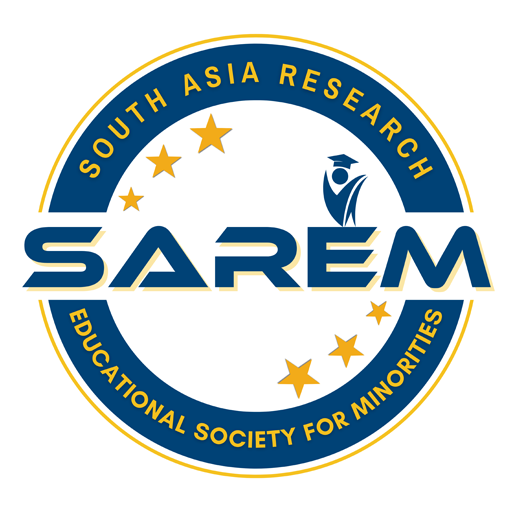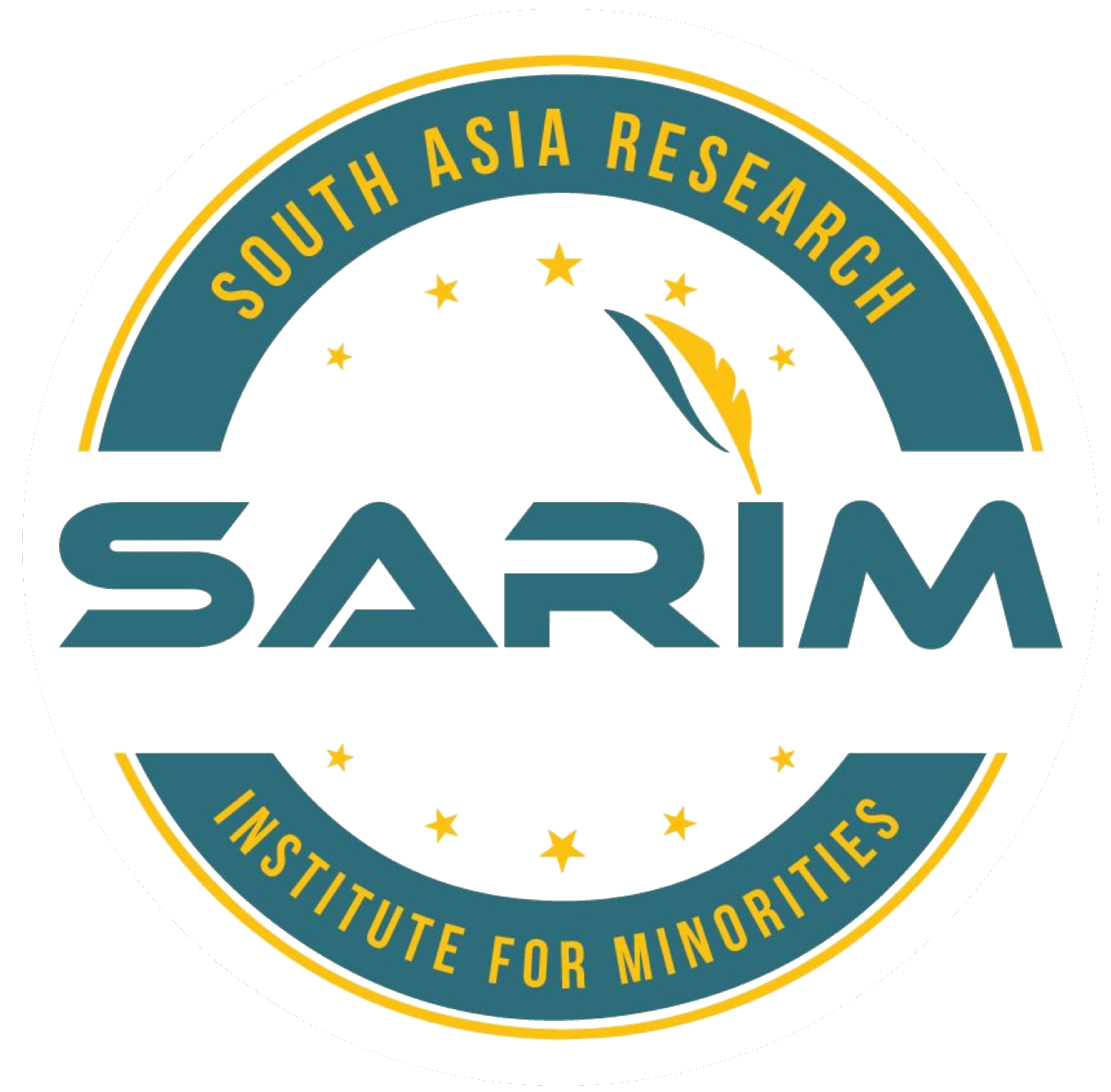‘Discrimination Kills’: UN Rights Chief Flays Covid-19 Stigma Against Indian Muslims

Bachelet who was speaking on the 44th session of the Human Rights Council said: “Discrimination kills. Depriving people of their social and economic rights kills.”
NEW DELHI — The United Nations Human Rights Commissioner Michelle Bachelet said she was dismayed by the reports of Muslims being targeted by stigma and hate speech associating them with COVID-19 in India and Sri Lanka.
In a video statement put out on Tuesday, she said: “I am dismayed by reports indicating that in many countries, members of minority communities and migrants face increasing stigmatisation, including in some cases, by officials. In Sri Lanka and India, members of the Muslim minority are being targeted by stigma and hate speech associating them with COVID-19.”
In late March when Prime Minister of India Narendra Modi announced countrywide lockdown to curb the spread of coronavirus, a new wave of Islamophobia swept the length and breadth of the country. Everyday there were reports of hate crimes against Muslims including physical assaults and socio-economic discrimination. They were accused of intentionally spreading coronavirus even as there was no evidence to support such a claim.
The hate crimes against the minority community was a result of a sustained vilification campaign systematically carried out by a large section of the mainstream and social media against Tablighi Jamaat after their Nizamuddin Markaz emerged one of the Coronavirus clusters. Even the government officials from the Ministry of Health repeatedly brought up the Nizamuddin Markaz case in the daily press briefing, thereby adding fuel to the fire.
Similar reports of stigmatisation of Muslims emerged from Sri Lanka where the media blamed Muslims for coronavirus. Moreover, the authorities passed a rule prohibiting burials and only allowing cremation of people who die of coronavirus. The Muslim community expressed their resentment as the rule went against their tradition of burying the dead. They said they were being denied their religious rights.
The statement also notes that the stigmatisation and hate crimes against minorities and people infected with coronavirus in countries like Pakistan, Bulgaria, Haiti and Iraq.
Bachelet who was speaking on the 44th session of the Human Rights Council said: “Discrimination kills. Depriving people of their social and economic rights kills.”
The session focused on the impact of COVID-19 pandemic on human rights situations across the globe. She said amidst the pandemic the challenges to ensure states uphold human rights “are rising sharply today”. “It is clear that this epidemic threatens both peace and development – and that it calls for more civil, political, economic, social and cultural rights, not less,” she said.
The present situation, she stressed, “urgently calls for leadership grounded in clarity, evidence and principle to protect the most vulnerable members of society, and to address the profound inequalities that are accelerating the pandemic’s incidence and impact.”
Critics and some public health experts have said Prime Minister Modi failed to handle the coronavirus situation effectively. Despite a strict lockdown, India has to flatten the Covid-19 curve as the cases have crossed the half million mark and the curve is rising sharply. The state of public health is under a strain. In cities such as Delhi and Mumbai hospitals have run out of beds and patients are being advised to stay home in isolation.
In such a situation, the marginalised and economically weak who need special focus are feeling left out. Bachlete warned, “Without rapid and decisive national and international action, the pandemic will put an end to hopes to achieve the Sustainable Development Goals by 2030.”
The statement highlights the vulnerabilities of ethnic and racial minorities and indigenous people. It also talks of the exclusion and discrimination suffered by women and girls due to the pandemic. “Pervasive gender-based violence has also grown in the last few months, with increased number of users of 24/7 hotlines for domestic violence,” the commissioner noted.
Bachlet further said human rights should be at the heart of response to the pandemic.




